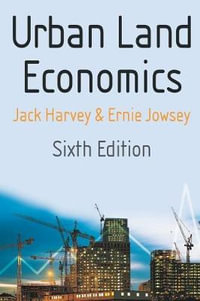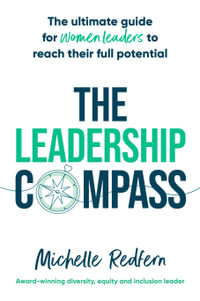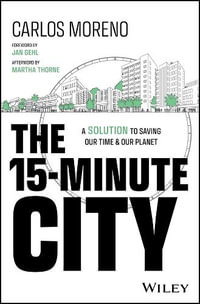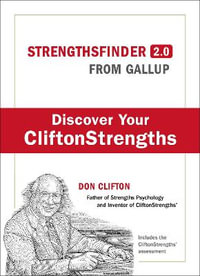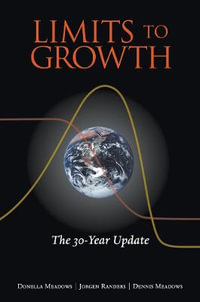
Resources Matter
Ending Poverty While Protecting Nature
By: Tony Addison, Alan Roe
Hardcover | 5 March 2025
Sorry, we are not able to source the book you are looking for right now.
We did a search for other books with a similar title, however there were no matches. You can try selecting from a similar category, click on the author's name, or use the search box above to find your book.
ISBN: 9780192872197
ISBN-10: 0192872192
Series: WIDER Studies in Development Economics
Available: 5th March 2025
Format: Hardcover
Language: English
Number of Pages: 240
Audience: Professional and Scholarly
Publisher: Oxford University Press UK
Country of Publication: GB
Dimensions (cm): 24.0 x 16.0 x 1.6
Weight (kg): 0.49
Shipping
| Standard Shipping | Express Shipping | |
|---|---|---|
| Metro postcodes: | $9.99 | $14.95 |
| Regional postcodes: | $9.99 | $14.95 |
| Rural postcodes: | $9.99 | $14.95 |
How to return your order
At Booktopia, we offer hassle-free returns in accordance with our returns policy. If you wish to return an item, please get in touch with Booktopia Customer Care.
Additional postage charges may be applicable.
Defective items
If there is a problem with any of the items received for your order then the Booktopia Customer Care team is ready to assist you.
For more info please visit our Help Centre.








